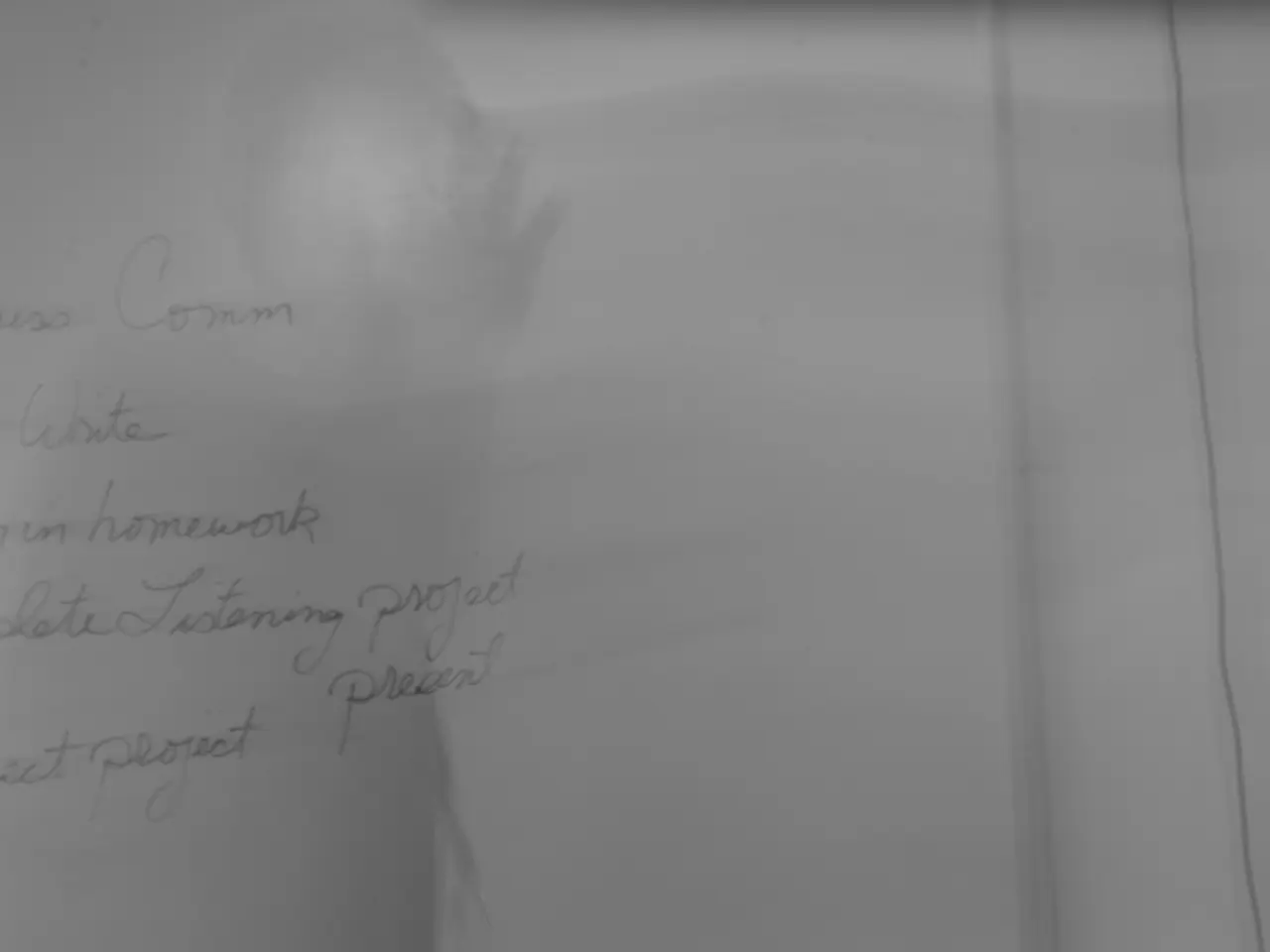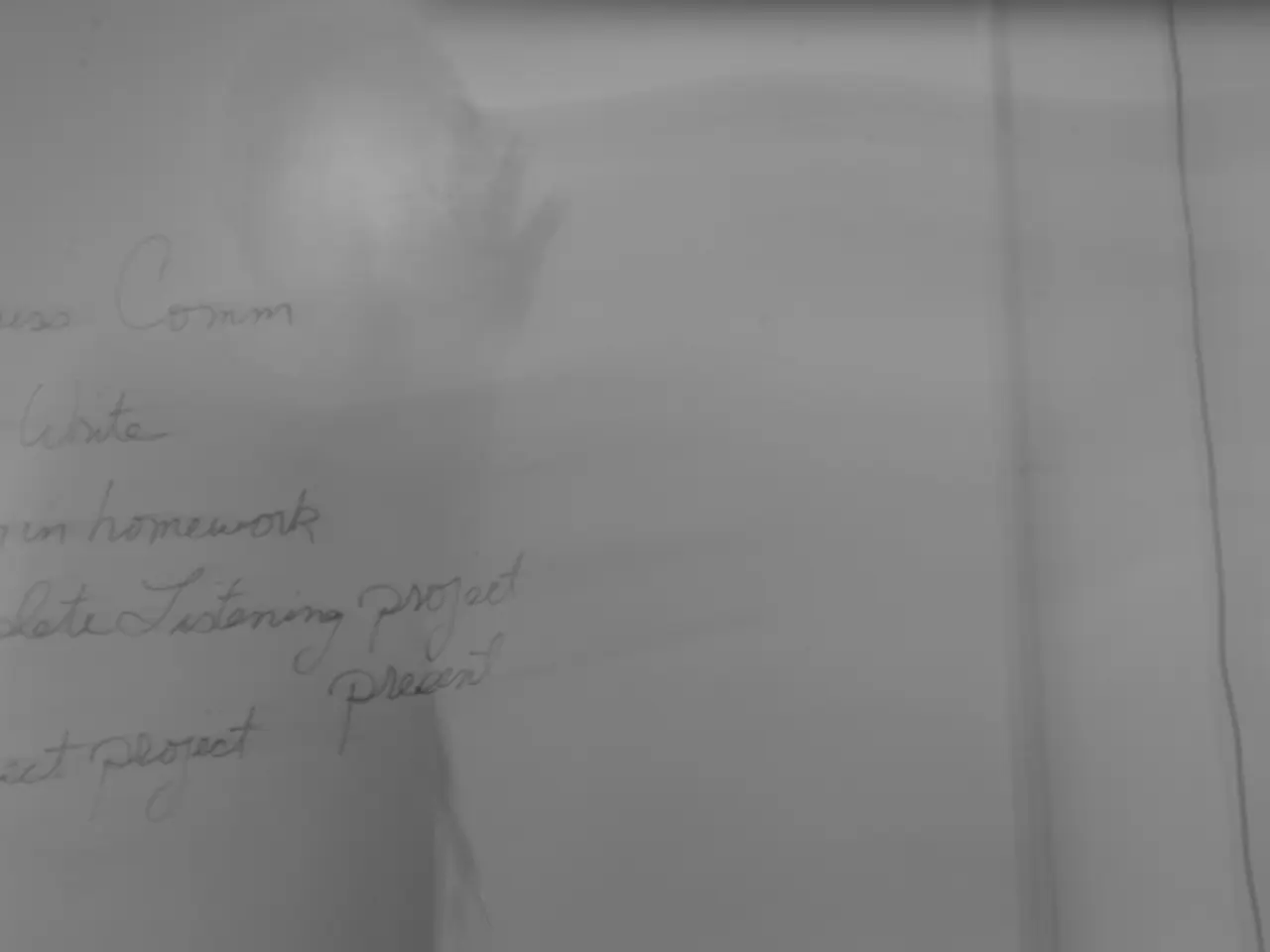Federal Court Rulings Challenging Trump Administration's Tariff Policies: A Breakdown of the Legal Actions Affecting Import Taxes
The US District Court for the District of Columbia (DDC) has found that tariffs imposed by the Trump Administration under the International Emergency Economic Powers Act (IEEPA) were unlawful, in a case brought by two small businesses selling children's educational products. The DDC granted a preliminary injunction to prevent the government from enforcing the tariffs against the plaintiffs.
The IEEPA tariffs, which targeted goods from China, Mexico, and India, were found to be illegal due to a lack of rational connection between the declared emergency (fentanyl trafficking and trade deficits) and the tariffs imposed. The DDC's decision is based on the grounds that IEEPA does not authorize tariffs.
On February 1, 2021, President Trump issued Executive Orders (EOs) 14193, 14194, and 14195 (Fentanyl/Migration Tariff Orders), expanding a national emergency to include the threat to Americans' safety and security from illicit synthetic opioids and imposing tariffs on products from Canada, Mexico, and China.
The Reciprocal Tariff Order imposed a 10% baseline tariff on all products from nearly all US trading partners and an additional country-specific reciprocal tariff on all products from 57 of those trading partners. As of March 2025, products imported from China were subject to a 20% tariff, and non-United States-Mexico-Canada Agreement originating products of Canada and Mexico were subject to a 25% tariff (except certain energy and potash products of Canada, subject to a 10% tariff).
The DDC stayed its preliminary injunction pending appeal on June 3. The Federal Circuit granted an immediate administrative stay of the CIT order while it considers the government's motion for a longer-term stay pending appeal, meaning that the government will continue to collect IEEPA tariffs for the time being.
The government has appealed the DDC decision to the US Court of Appeals for the DC Circuit. The CIT granted a nationwide permanent injunction barring the government from collecting the challenged tariffs and ordered the government to take all the steps necessary to effectuate the injunction. If the CIT's nationwide injunction is ultimately affirmed, importers may be able to seek refunds of IEEPA tariffs already paid.
CBP could allow importers to file Post-Summary Corrections on any unliquidated entries or protests on any liquidated entries that were subject to IEEPA tariffs to request refunds on the grounds that the IEEPA tariffs were unlawful. The plaintiffs have filed an unopposed motion to expedite the appeal over the next few months.
The implications of these rulings are significant. If upheld, they limit the president's authority to unilaterally impose tariffs under IEEPA, reinforcing that tariff powers reside solely with Congress. The cases also raise constitutional separation-of-powers concerns, as courts have emphasized that tariffs are a legislative power, and IEEPA’s text contains no mention of tariffs or duties.
The broad use of emergency powers over an extended period is also seen as inconsistent with the concept of an "extraordinary and unusual threat." The final outcomes of the appeals will clarify the scope of executive tariff authority under emergency powers going forward.
It is important to note that the DDC's injunction is not universal and does not prevent the government from continuing to collect the tariffs from other importers. As the legal challenges continue, importers must continue paying tariffs despite the ongoing litigation.
[1] [https://www.courthousenews.com/us-court-of-appeals-to-hear-challenges-to-trump-tariffs-en-banc/] [2] [https://www.reuters.com/business/us-business/us-court-rules-trumps-tariffs-illegal-under-emergency-powers-act-2021-05-28/] [3] [https://www.axios.com/court-rules-trump-tariffs-illegal-under-emergency-powers-act-c3f7a0e1-e627-4822-a964-d7f3710b1c8e.html]
- The legal challenges against the Trump Administration's IEEPA tariffs, particularly the case brought by two small businesses, have raised questions about the president's authority to unilaterally impose tariffs in the realm of finance and business, highlighting the involvement of politics and general-news.
- The US District Court for the District of Columbia (DDC)'s decision, which found the IEEPA tariffs to be unlawful, is significant, as it could limit the executive's power to impose tariffs and reinforce the notion that tariff powers primarily reside with Congress, impacting the broader field of politics and potentially influencing future financial and business decisions.




